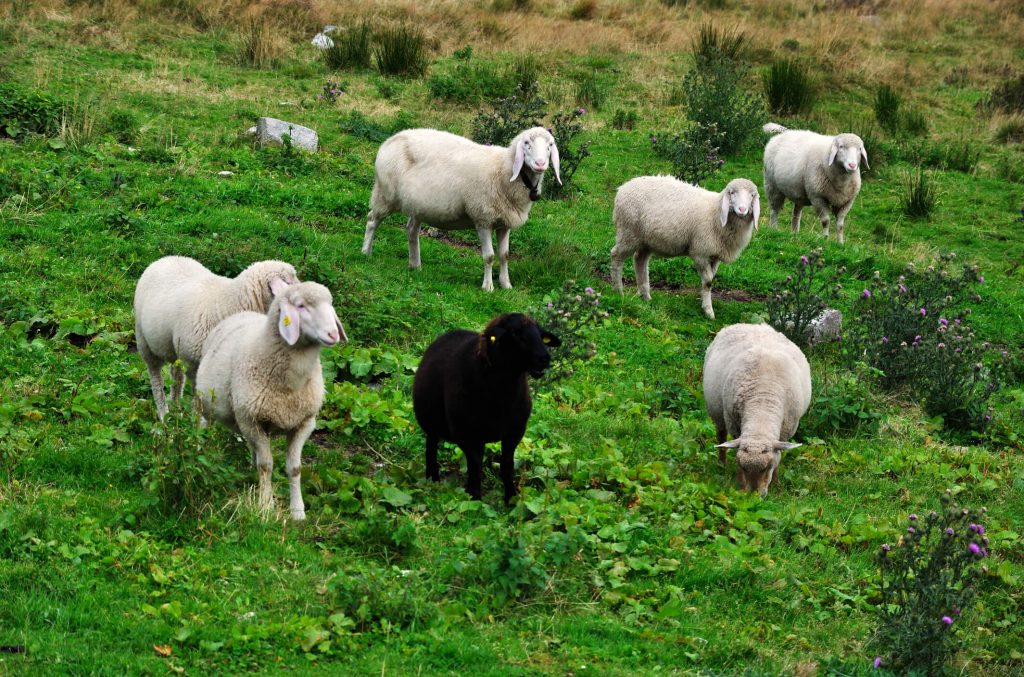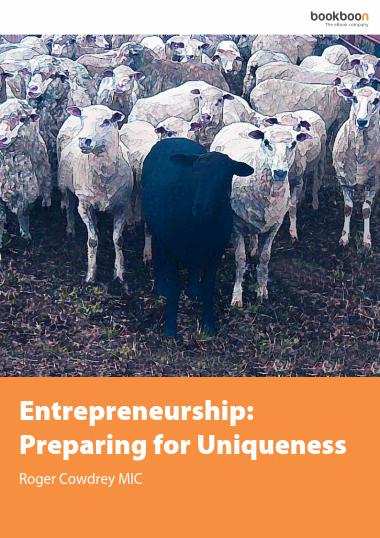The importance of uniqueness for 21st century entrepreneurship

Good news for the black sheep. The idea that failing to conform to the norm was considered to be a bad thing has been encapsulated in the phrase ’the black sheep’ of the family or organisation. But uniqueness is now the key to success and the black sheep are queuing up to have their day!
Ever since the 1st Industrial Revolution the Western World has supported the paradigms that take one through standardised academic education leading to better and better jobs for life.
If you varied from the norm you were termed black sheep or of less value, rather like the wool of black sheep that cannot be dyed and hence is also of less value. Incidentally, this is a human slight on sheep that do not reject black sheep from their flocks!
However, today, in a world of big data, the Internet of Things, robotics, cloud computing and artificial intelligence, and the speed at which such changes are occurring, the template is being torn up.
Parents are sending children to school at 5 years old not knowing what jobs will have disappeared and which new ones will have appeared by the time that their child finishes their formal education.
Governments are faced with much more complex problems, with unemployment through replacement by AI accounting for more potential upheaval than any in the last century. Along with that they need to deal with data security and national security issues surrounding the new technologies.
Business too has to learn to cope in a global environment where the new marketing opportunities create problems of understanding different business models and business priorities depending on the country being dealt with. At the same time they have to recognise that technology is shortening the life cycle of products and services.
We need to move from a system where all learning takes place in the first 20 years to one of life long learning. We need governments that can react much quicker than they do today and can come up with innovative solutions. We need businesses that better understand their customers and react quickly to their needs.
In other words, if we are to survive fallout from what people are calling the 4th Industrial Revolution then we need people that are adaptable, flexible, innovative, quick thinking and not afraid to try.
Of course, each situation will need a different combination of those skills and hence there isn’t a single template. For the first time since the 18th Century we have to recognise that uniqueness is an essential on the CV and we need to foster it in young people, parents, businesses and governments.
